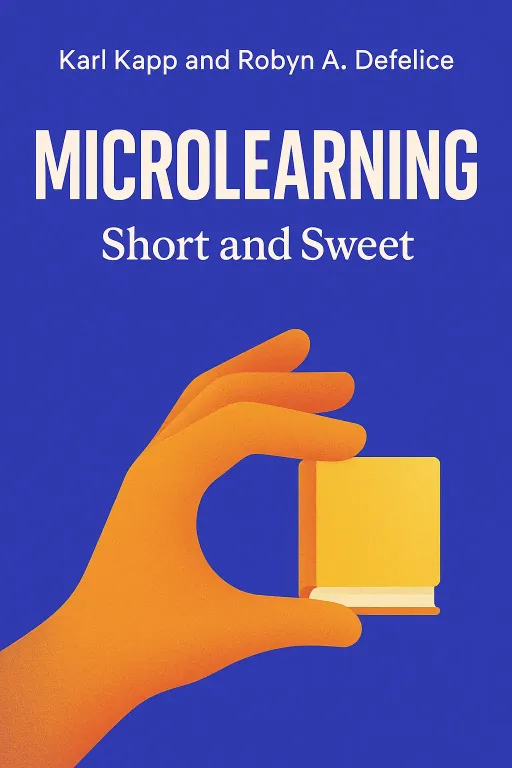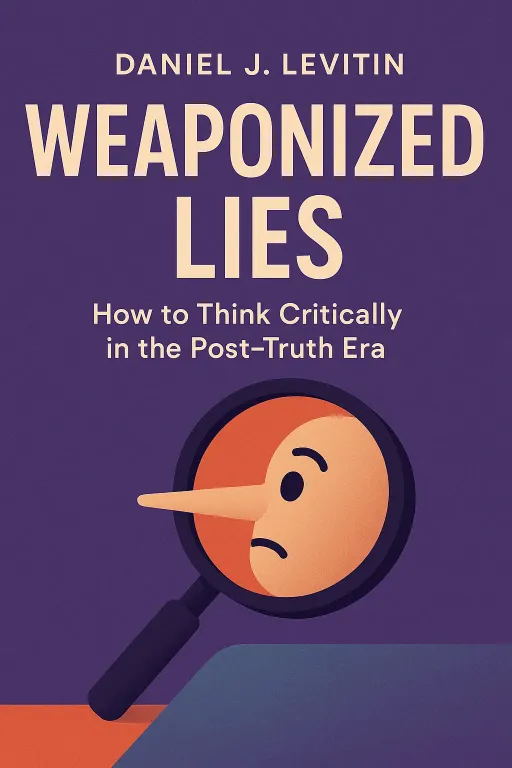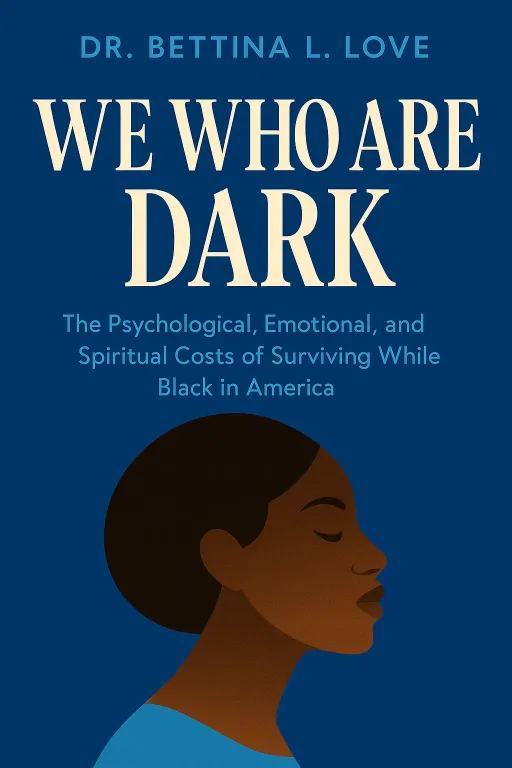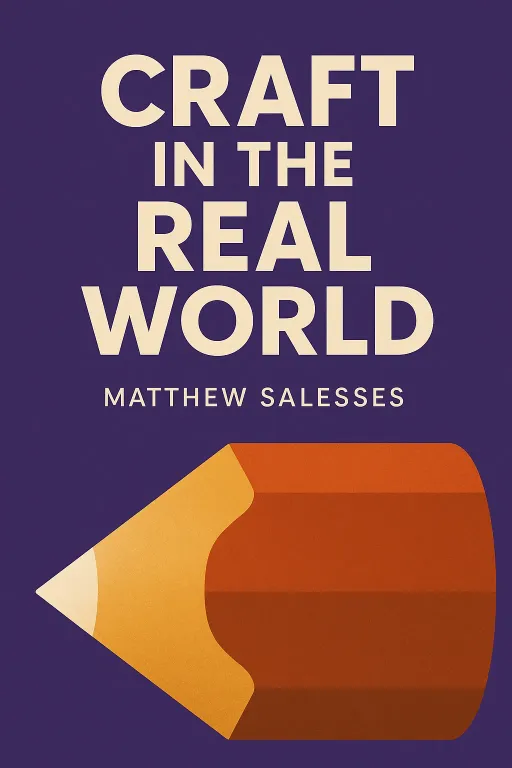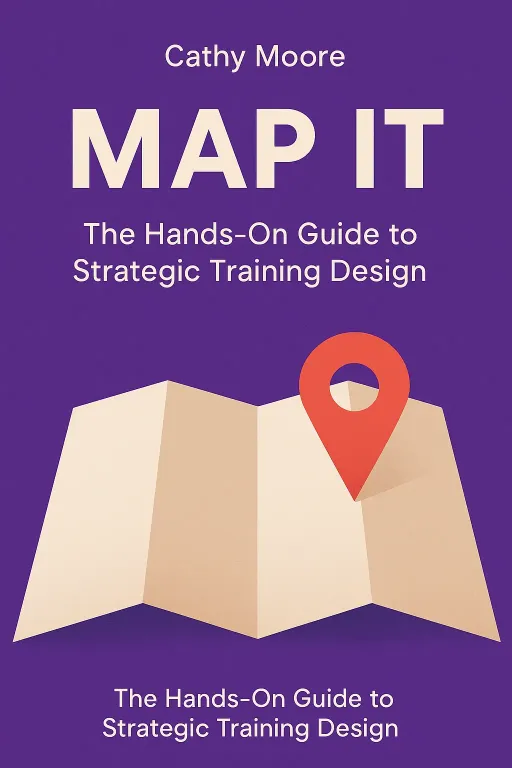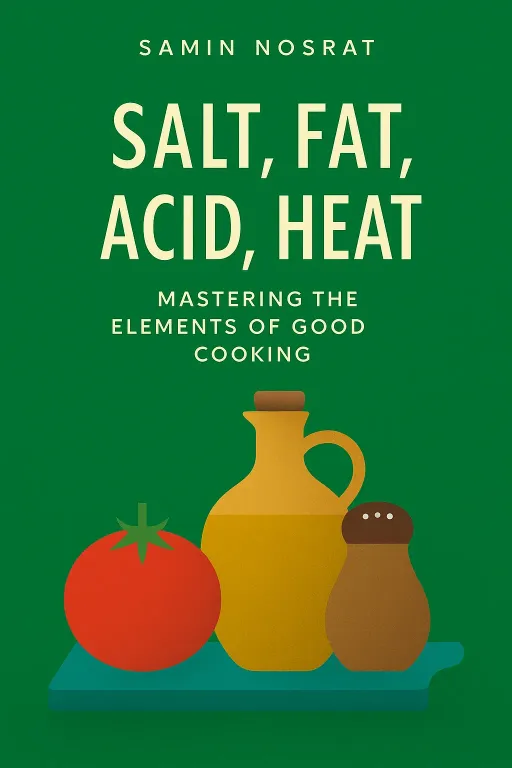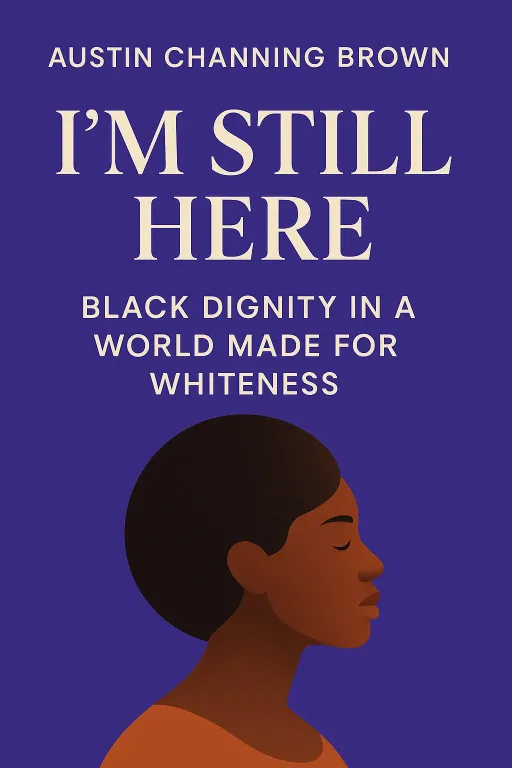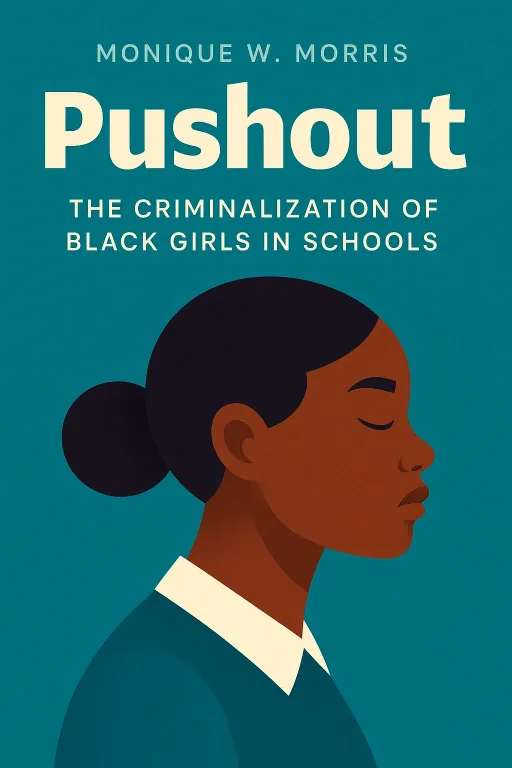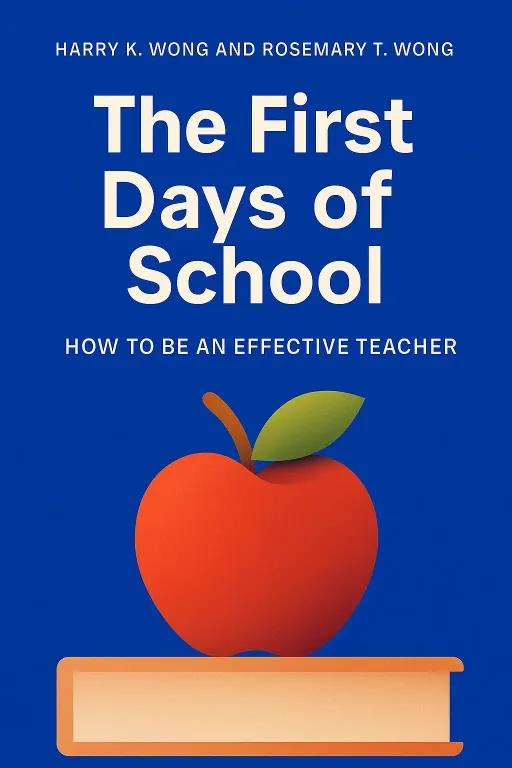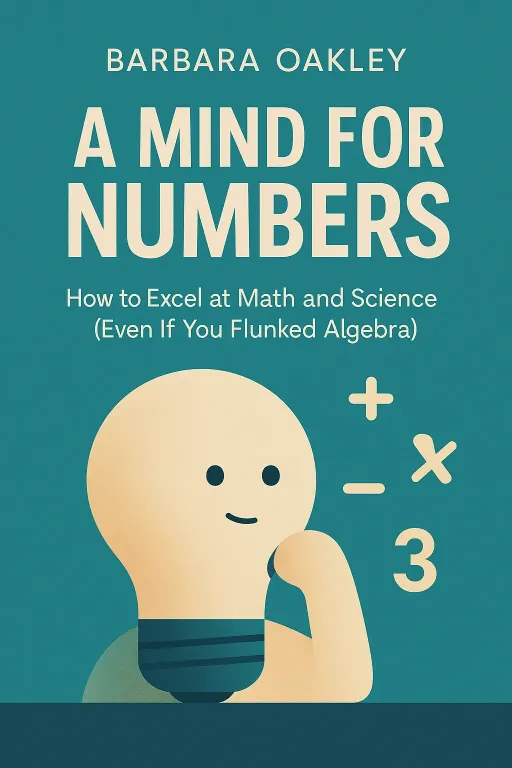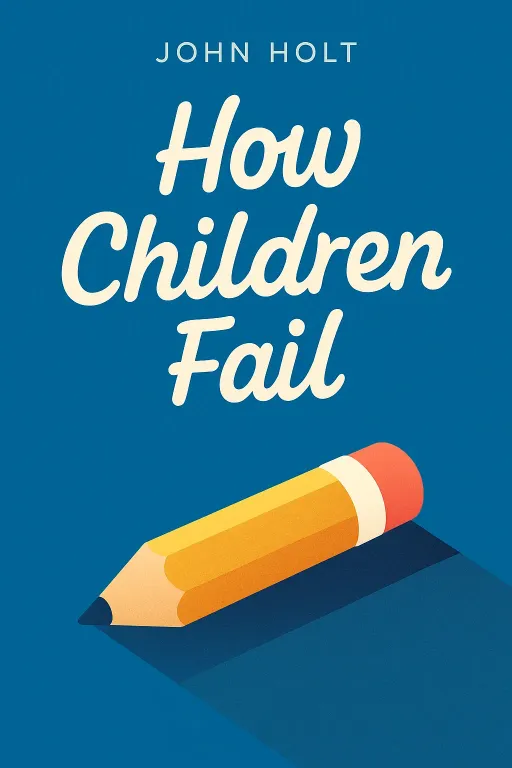
Brilliant Saboteurs
11 minGolden Hook & Introduction
SECTION
Laura: Okay, Sophia. You get five words to review this book. Go. Sophia: Kids are secret, brilliant saboteurs. Laura: Ooh, I like that. Mine is: School teaches fear, not fractions. Sophia: Exactly! That's the whole thing, isn't it? That feeling is the core of the book. Laura: It really is. Today we're diving into How Children Fail by John Holt. And what's wild is that Holt wasn't some academic in an ivory tower. He was a classroom teacher in the 50s and 60s who got fired multiple times because he refused to accept that his students were 'dumb'. Sophia: So he was a rebel from the start. That explains the tone of this book. It doesn't feel like a textbook; it feels like a dispatch from the trenches. Laura: A dispatch is the perfect word for it. He kept these incredibly detailed journals of his classroom observations, and they became this book in 1964. It was so radical for its time that it helped kickstart the entire homeschooling movement. Sophia: Wow. And here we are, decades later, and I have a feeling everything he wrote about is still happening in classrooms today. Laura: That's what's so chilling. Let's start with your five-word review: "secret, brilliant saboteurs." Holt's first major insight was that most kids in school aren't actually playing the game of learning. They're playing the game of survival.
The Hidden Game: Student Survival Strategies
SECTION
Sophia: Okay, I need you to break that down. What does it mean to play the game of survival in a classroom? Laura: Holt noticed there were two types of students: 'thinkers' and 'producers.' Thinkers are the rare kids who are genuinely trying to understand the material. Producers, which he says are the vast majority, are just trying to produce the right answer to please the teacher. Their goal is to get the adult to say "Yes, that's right" and then leave them alone. Sophia: I can see that. It’s the difference between wanting to know how the engine works and just wanting the car to start so you can get to where you're going. Laura: That’s a perfect analogy. And the producers develop these incredible, elaborate strategies to get the right answer without having to do the hard work of thinking. Holt tells this story about a student named Emily that just breaks your heart. Sophia: Oh, I’m ready. Tell me about Emily. Laura: He asks her to write the word 'microscopic' on the board. She has no idea how to spell it. But instead of saying "I don't know," she picks up the chalk and, with this air of confidence, writes "M-I-N-C-O-P-E-R-T." Sophia: MINCOPERT? That’s not even close! Laura: Not even a little. But the key part is what happens next. Holt writes her version on a piece of paper and asks her later, "Did you write this?" And Emily looks at it with total detachment and says, "No, I didn't write that." She has completely dissociated from her own wrong answer. It’s like another person did it. Sophia: Whoa. That’s a serious defense mechanism. She’s not just guessing; she’s protecting her ego from the very idea that she could be wrong. Laura: Precisely. Holt says her internal monologue is something like: "These teachers want me to do something. I haven't got the faintest idea what it is, or why in the world they want me to do it. But I’ll do something, and then maybe they'll let me alone." She’s just throwing something at the wall to make the demand go away. Sophia: Honestly, that sounds like my Monday mornings. But for a child, that's a really sophisticated, if tragic, way to cope. It’s not about laziness, is it? It's about managing anxiety. Laura: It’s all about managing anxiety. He has another amazing example. He observed a class where the students figured out that the teacher, without realizing it, would subtly turn her body towards the column on the blackboard where the right answer was supposed to go. Sophia: No way. They were reading her body language? Laura: Like professional poker players. They stopped trying to solve the grammar problems and just focused on reading the teacher's 'tell.' They got more answers right, the teacher was happy, and no actual learning occurred. The system worked perfectly for everyone, except for their education. Sophia: That is brilliant. It’s like they’re hacking the system. They’re not learning the subject; they’re learning the teacher. Laura: They are. And Holt’s point is that we, the adults, create these little strategists. We build a system that rewards the right answer above all else—above curiosity, above the process, above admitting confusion. So, of course, kids find the most efficient path to that reward. Sophia: It makes you wonder how much of what we call 'cheating' is just a student deploying a very clever survival strategy that we forced them to develop. Laura: I think Holt would say almost all of it. He saw students who would mumble their answers so they could claim they said the right thing no matter what. He saw kids who would wait to do a math test until they could get one-on-one help, essentially getting the teacher to do it for them. These aren't dumb kids. They are masters of strategy. Sophia: It's brilliant, but also so sad. What makes a kid like Emily so terrified of being wrong that she has to pretend she's not even the person who wrote "MINCOPERT"? Laura: That's the million-dollar question, and Holt's answer is simple and devastating: Fear. That's the engine driving all of these strategies.
Fear: The Invisible Curriculum
SECTION
Sophia: Fear. It seems so dramatic, but when you say it, it clicks. It’s the fear of looking stupid in front of your friends. The fear of that red pen mark. The fear of your parents' disappointed face when they see your report card. Laura: All of it. Holt argued that fear is the invisible curriculum in every school. It’s the subject that’s taught all day, every day, but never appears on the schedule. And his most powerful point is that fear and intelligence cannot coexist. When a child is afraid, their brain is not available for learning. It's busy with self-protection. Sophia: So the very thing we think motivates students—the fear of a bad grade—is actually what's making them less intelligent? Laura: It’s what’s making them act unintelligently. The intelligence is still there, but it's been hijacked. He tells this incredible story from a so-called 'progressive' school, one with no grades and minimal pressure. He sits down with a group of fifth-graders and asks them, "What goes through your mind when a teacher asks you a question and you don't know the answer?" Sophia: I can feel the tension just thinking about that question. What did they say? Laura: At first, nothing. Just dead, anxious silence. He said you could feel the mood in the room drop. Finally, one girl, unable to find the words, just makes a sound. She goes, "Gulp!" Sophia: Wow. "Gulp." That one sound says everything. Laura: It says everything. It’s the physical manifestation of fear. And all the other kids immediately nodded. That was it. That was the feeling. They were afraid of being wrong, of being called stupid, of being left behind. Even in a 'nice' school, the fear was baked in. Sophia: Okay, but hold on. A little fear is good, right? Deadlines, tests... don't they motivate us? If there are no consequences for failure, why would anyone try? Laura: That's the classic pushback, and it's a fair question. Holt's response would be to distinguish between healthy pressure and toxic fear. It's one thing to have a challenge to meet. It's another thing entirely to feel that your worth as a person is on the line with every question. The problem isn't standards; the problem is shame. Sophia: The problem is shame. That’s a huge distinction. So how do you get rid of the shame without getting rid of the standards? Laura: Holt believed the key was to change the classroom from a place of judgment to a place of cooperation. He has this fantastic story about a system he invented called the 'Q'. He was teaching a class that was, to put it mildly, chaotic. He needed a way to get them quiet without yelling all the time. Sophia: I’m listening. Every parent and teacher just leaned in closer. Laura: So he made a deal with the kids. He said, "Most of the time, you can talk quietly. But when I need quiet to teach, I'll write a capital 'Q' on the board. When the 'Q' is up, there's no talking. If you talk, you get a check next to your name. Three checks and you owe me a few minutes of recess." Sophia: That seems like a pretty standard rule. How is that different? Laura: Here’s the magic. One day, the class started testing him. They were talking deliberately while the 'Q' was up, almost making it a game to see how many checks he could write. An old-school teacher would have exploded. But Holt stopped, put the chalk down, and said, "Look, this system only works if we all agree to it. If you don't think it's fair, or if you want to change it, let's talk. But I can't force you to be quiet. Do you want to keep the 'Q' or not?" Sophia: He gave them the power. He made it their system, not just his rule. Laura: Exactly. The kids were stunned. They talked for a minute, and then said, "No, the 'Q' is fair. Let's start over." He tore up the paper with all the checks on it. And he said from that day on, they never tested the 'Q' again. They started enforcing it themselves. They had created order based on cooperation, not on fear. Sophia: They flunked the bad method, not the children. I remember that line from the book. Laura: That's the one. He believed the job of a school isn't to find new and better ways to punish kids who don't learn; it's to find ways of teaching that actually work. If the method fails, the method gets an F, not the student.
Synthesis & Takeaways
SECTION
Sophia: When you put it all together—the survival strategies and the fear—it paints a pretty bleak picture of school. It’s a place where kids learn to be good performers instead of good thinkers. Laura: It is. And Holt's ultimate conclusion is that schools don't just fail children; they actively teach them how to fail. They teach them that learning is a dangerous activity, full of opportunities for humiliation. So children learn to stop taking intellectual risks. They stop being curious. They build walls. Sophia: And the 'producers,' the answer-grabbers, the kids who are good at the game of school, are often the ones who have learned the lesson of fear the best. They're the most skilled at avoiding it. Laura: That’s the deep irony. Holt's work, written over 60 years ago, forces us to ask if our schools are designed to cultivate intelligence, or just to manage and sort children. He saw that babies are natural-born scientists—they experiment, they fail constantly, they have no shame. They just keep trying to figure out the world. Sophia: And then we send them to school, and we teach them that failing is the worst thing you can do. Laura: We do. Holt believed that by making schools emotionally safe, we don't lower standards; we create the only conditions where real learning can actually happen. You can't be a curious, brave, resilient learner if you're constantly looking over your shoulder, waiting for judgment. The first job of a school is to cast out fear. Sophia: It makes you look back at your own school days completely differently. What was the one strategy you used to survive? Laura: That's the question, isn't it? I was a classic 'producer.' I was terrified of getting things wrong, so I became very good at figuring out exactly what the teacher wanted to hear. It took me until college to unlearn that. Sophia: I was a mumbler! If I wasn't sure, I'd say the answer under my breath so I could claim I said whatever the right answer turned out to be. It's amazing to see your own childhood coping mechanisms laid out so clearly in a book from the 60s. Laura: It shows how little has changed. We'd love to hear your stories. Find us on our socials and share your 'student survival strategy.' Did you have a 'Q' system? Were you an answer-grabber? Let's talk about it. Sophia: I can't wait to read those. This has been eye-opening. Laura: This is Aibrary, signing off.
